 The unstated reality of Internet traffic growth usually leaves out what impact streaming pornographic videos can have on network traffic, and for consumers, their broadband usage allowance. We are about to find out with last week’s arrival of Pornhub Premium (noted by DSL Reports), a new on-demand Internet streaming service its owners believe will quickly become the “Netflix of porn.”
The unstated reality of Internet traffic growth usually leaves out what impact streaming pornographic videos can have on network traffic, and for consumers, their broadband usage allowance. We are about to find out with last week’s arrival of Pornhub Premium (noted by DSL Reports), a new on-demand Internet streaming service its owners believe will quickly become the “Netflix of porn.”
Pornhub Premium ($9.99/mo) “offers an all new ad-free experience to its users, complete with faster playback and higher quality streaming on the millions of videos currently on Pornhub as well as the largest collection of exclusive full length HD adult titles available in crisp 1080p resolution.” Customers get a free seven-day trial before the charges begin. They can use it to test what kind of impact HD video will have on their usage allowance. It could prove considerable for frequent return visitors.
“Simply put, Pornhub Premium, is setting the new standard. Users will benefit from enhanced access to all of the content they already enjoy on Pornhub.com – with improved streaming quality – as well as over 100,000 full-length premium exclusive scenes at the touch of a finger or click of the mouse,” said Corey Price, vice president, Pornhub. “We’re looking to take the crown as the ‘Netflix of porn,’ and with the colossal amount of content we’ll be providing – and adding tons more daily – we’re confident our fan base will totally embrace this product and reinforce our position as the top provider of on-demand adult video.”

Pornhub Premium’s ad campaign has sparked an international incident. Cheese producers in Italy are not pleased.
Or not.
The publicity campaign introducing the adult entertainment service has already caused one international incident. The Parmigiano-Reggiano Cheese Consortium is weighing legal action against Pornhub after referring to their aged family friendly Parmigiano-Reggiano cheese in the same sentence as “that vulgar website.”
The European Union and Italian authorities both protect the image of the consortium’s dairy products, so there could be trouble. The cheese group wants Pornhub to immediately stop capitalizing on the fame of Parmigiano-Reggiano to pitch “vile” porn videos.
The dispute threatens to become far worse than the Spaghetti Scandal of 1957, when Italian authorities were on fire after the BBC aired a hoax story suggesting spaghetti was harvested from trees. Adding to the outrage – many in northern Europe believed the report was true.
Then there are the other objections, of course.
“Pornhub Premium is unlimited filth and degradation, a new low,” came an anonymous comment from a Florida resident who claimed he was a pastor.


 Subscribe
Subscribe
 Author John Nolte, editor-at-large for the news service, blames big cable bills on the “Hollywood rich” who he writes just keep getting richer. He thinks a better solution is to sign up with Netflix or Amazon and say goodbye to cable television.
Author John Nolte, editor-at-large for the news service, blames big cable bills on the “Hollywood rich” who he writes just keep getting richer. He thinks a better solution is to sign up with Netflix or Amazon and say goodbye to cable television.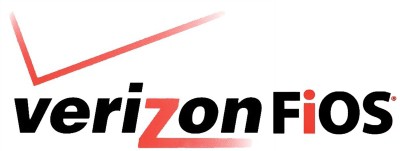 Verizon is ready to push speeds beyond 1Gbps on its fiber to the home network FiOS, after
Verizon is ready to push speeds beyond 1Gbps on its fiber to the home network FiOS, after 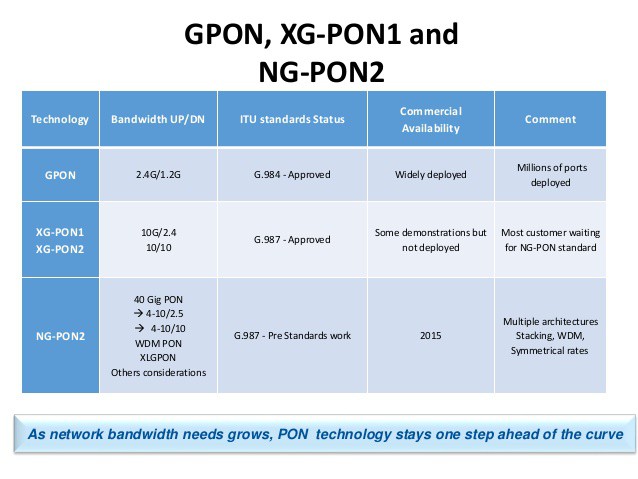
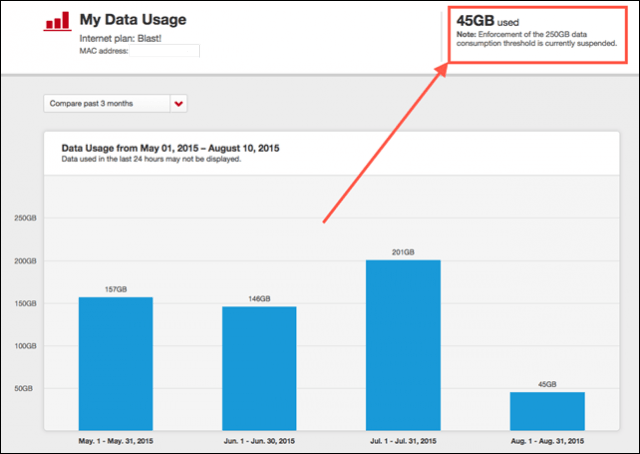
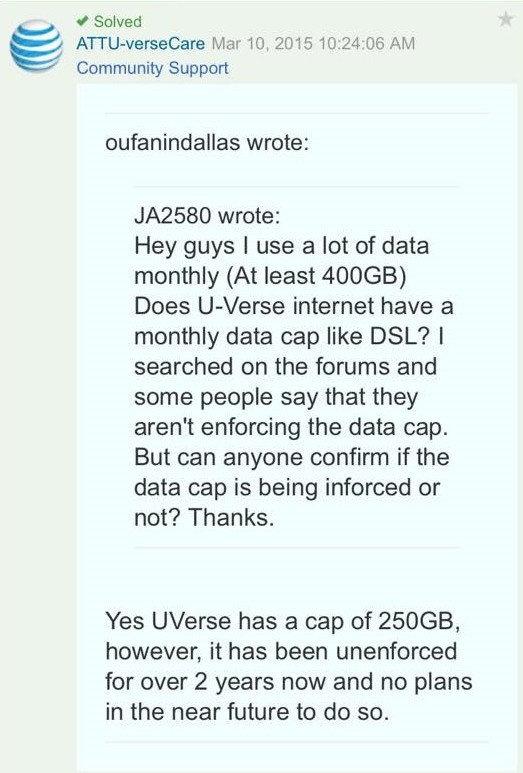
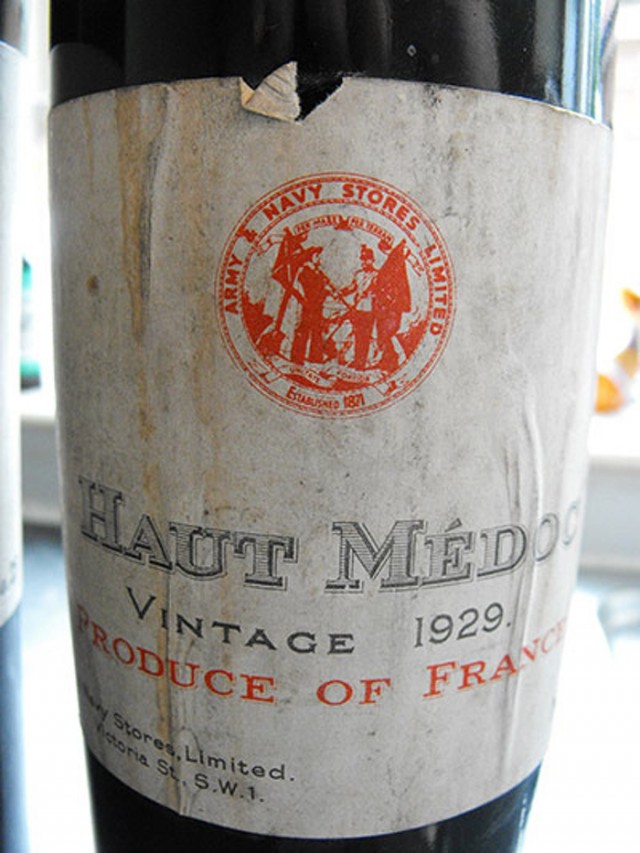
 One 1929 bottle initially valued at $15,000 was re-estimated downwards by Frantze to $5,000 after he found an appraiser who valued it at a lower amount.
One 1929 bottle initially valued at $15,000 was re-estimated downwards by Frantze to $5,000 after he found an appraiser who valued it at a lower amount.